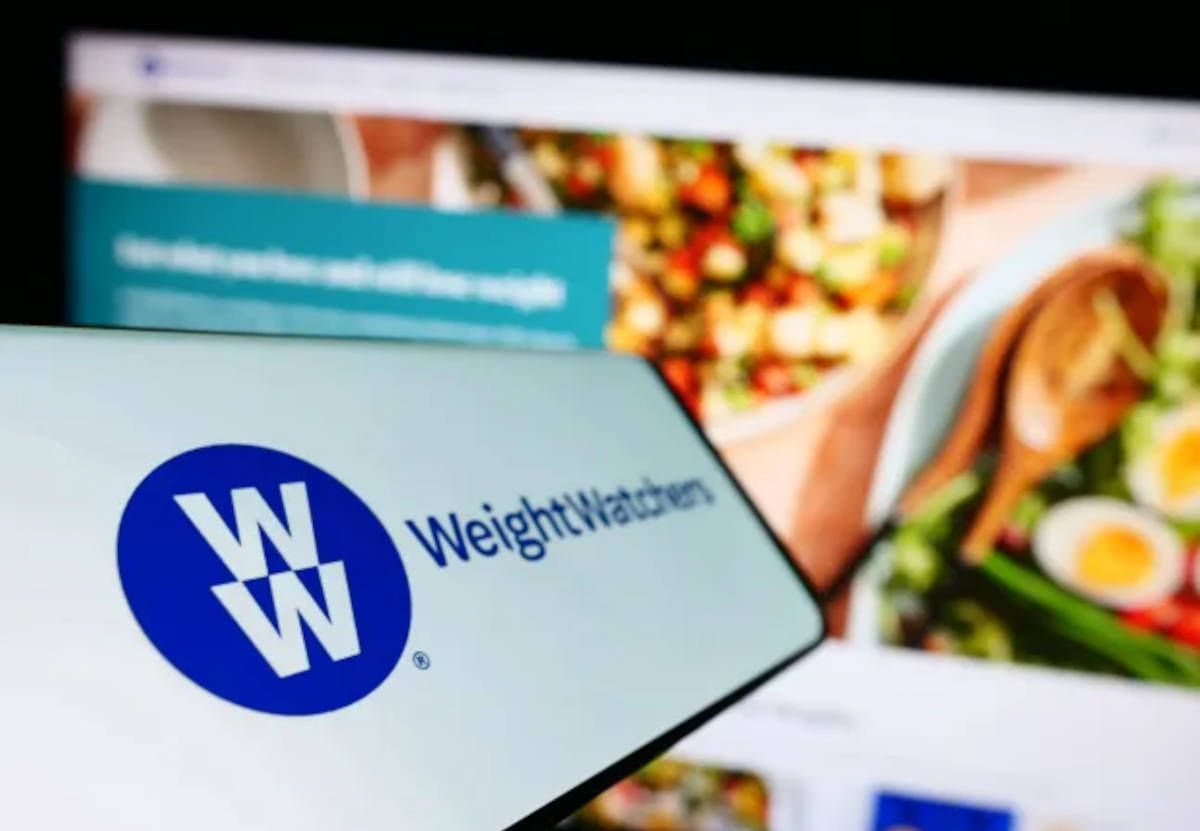Business
WeightWatchers Bankruptcy: What It Means for South Africa’s Wellness Industry

WeightWatchers, the 62-year-old global name in weight management, has filed for bankruptcy in the United States — but what does that mean for South Africa?
The answer: not much.
The iconic brand, rebranded as WW in 2019, filed for Chapter 11 bankruptcy this week in the U.S., a legal process similar to business rescue in South Africa. The goal, according to the company, is to reorganise operations, reduce debt, and reposition itself for long-term growth.
“The decisive actions we’re taking today… will give us the flexibility to accelerate innovation and reinvest in our members,” said CEO Tara Comonte in a public statement.
No Local Presence, No Direct Impact
Although once a popular weight-loss option in South Africa — with roots dating back to its local launch in 1990 — WeightWatchers appears to have ceased all operations in the country around early 2024.
An archived Facebook group post from February 2024 suggests WW quietly exited the South African market. Today, there are no listed in-person workshops and no formal South African presence, meaning local consumers are unlikely to be directly affected by the bankruptcy process.
South Africans who still follow WW programs are doing so through the international website at www.weightwatchers.com, which remains active and functional.
Former Ties to Discovery Vitality
At one point, WeightWatchers was partnered with Discovery Vitality, South Africa’s premier wellness rewards programme. This partnership offered members discounts and incentives. However, the Vitality benefit ended in late 2017, long before WW’s eventual withdrawal from the country.
The end of this partnership, paired with the rise of digital wellness apps, personalised fitness tech, and newer medication-based weight-loss solutions, likely contributed to the brand’s dwindling footprint in the region.
Competition and the Changing Landscape
Globally, WW has seen intense competition from newer solutions — including telehealth weight-loss services and prescription medications like those developed by Novo Nordisk (Ozempic) and Eli Lilly (Mounjaro).
Despite this, the company remains bullish about its future. WeightWatchers said its telehealth division saw 57% year-over-year revenue growth in Q1 2025, and its bankruptcy filing will eliminate $1.15 billion (around R21 billion) in debt — giving it the breathing room to reinvent itself.
The Bigger Picture for South Africa’s Health Market
Even though WW’s financial trouble won’t disrupt any operations locally, it signals a shift in the global weight management industry. South African businesses — especially in fitness, nutrition, and digital health — may want to pay attention.
The market is moving toward personalised, data-driven solutions with an emphasis on long-term health rather than quick fixes. South African consumers are increasingly exploring local alternatives and embracing innovations that offer convenience, teleconsulting, and medication-backed support.
While the WeightWatchers bankruptcy won’t directly impact South Africans, it underscores broader changes in the wellness industry. The future of weight management — here and abroad — is digital, personalised, and evolving fast.
{Source: IOL}
Follow Joburg ETC on Facebook, Twitter , TikTok and Instagram
For more News in Johannesburg, visit joburgetc.com















